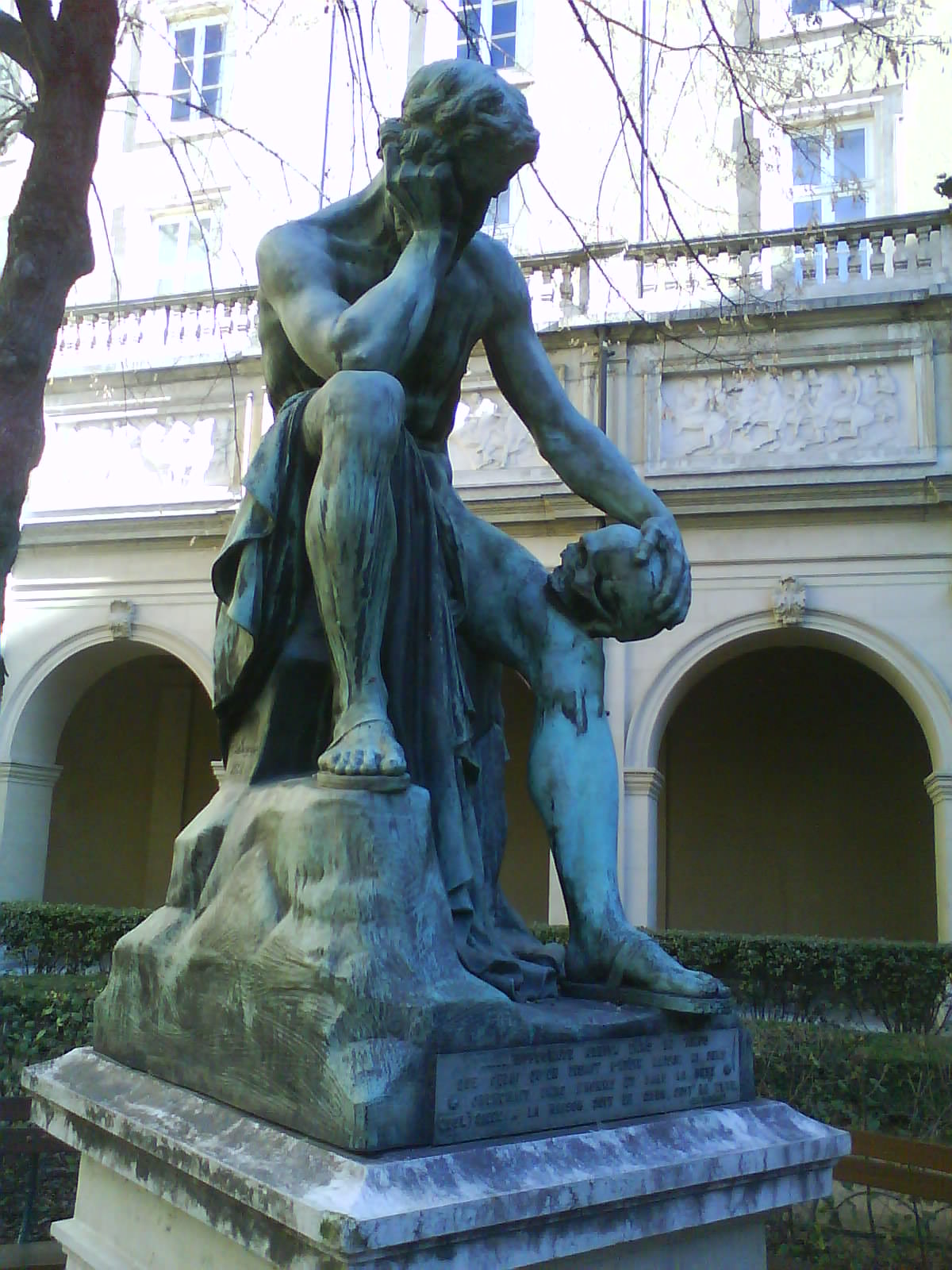This blog has been online for a dozen years. A good deal has changed in that time.
When I began PhilPaine.com in 2006, it was only read by a handful of friends. Since I held no academic position, and had more or less failed as a fiction writer, I did my work in obscurity. I have no degrees, no academic position, no institutional connections. My “CV” consists of a lot of youthful and incautious “adventures” in distant places, a good deal of exposure to the seamy underside of my own society, and a systematic program of reading. A single paper, written in collaboration with an established scholar, Steven R. Muhlberger, was for many years my only claim to academic legitimacy, though it was to have an amazing endurance and influence. Steve’s patient friendship and emotional support have been the key to my survival. His own blog, the literate and informative Muhlberger’s World History, preceded mine. We are still collaborating, though nowadays on the translation of a medieval text. I am equally indebted to Skye Sepp and Isaac White, whose regular visits, intellectual stimulus, and regular companionship have kept me from going bonkers. I also had emotional support from older friends, scattered around the world, who remained in touch by correspondence and occasional visits. Of particularly importance to me has been an enduring comradeship with Filip Marek of Prague, whose actions during the Czech Revolution of 1989 inspired me both intellectually and spiritually. Over the course of a long friendship we have traveled the roads and trails of Canada as far as the Arctic Ocean, picked our way through a half dozen ancient Minoan and Mycenaean sites, and not long ago spent a week hiking the trails of magnificent Mt. Assiniboine.
Now, in 2018, the picture is a little different. I have a modest academic reputation, and some of my writings are widely disseminated. As of this year, I am free to pursue my researches full-time as long as I live frugally. A few eccentrics in conventional Academia have promoted my work — notably Jean-Paul Gagnon (now with the Institute of Governance and Policy Analysis in Canberra, Australia). Citations pile up. The blog has a wide international readership. I have witnessed some of the ideas which, when Democracy’s Place in World History was first published in 1993, were novel and unorthodox, become a significant stream of thought surfacing in many quarters. Though we are entering some dark and dangerous times, as far as democracy and civilization are concerned, I believe those ideas will ultimately flourish and triumph over barbarism.
My blog writing is not meant to be the same as formal academic writing, and much of it is rough and unpolished. Topics as different as the sociology of silent films, current hot bands, democracy in the ancient world, how to cook bannock, and why you shouldn’t climb volcanoes in substandard sneakers appear in the blog, higgledy-piggledy. But among these, in the beginning years, were a series of articles called “Meditations on Democracy and Dictatorship” which are still regularly read today, and have had some influence. They still elicit inquiries from remote corners of the globe. They are now buried in the back pages of the blog, so I’m moving them up the chronological counter (for the second time) so they can have another round of visibility, especially (I hope) with younger readers. Over the coming months, I’ll be re-posting them in their original sequence. Some references in these “meditations” will date them to 2007–2008, when they were written. But I will leave them un-retouched, though I may occasionally append some retrospective notes. Mostly, they deal with abstract issues that do not need updating.
Phil Paine, Toronto.
